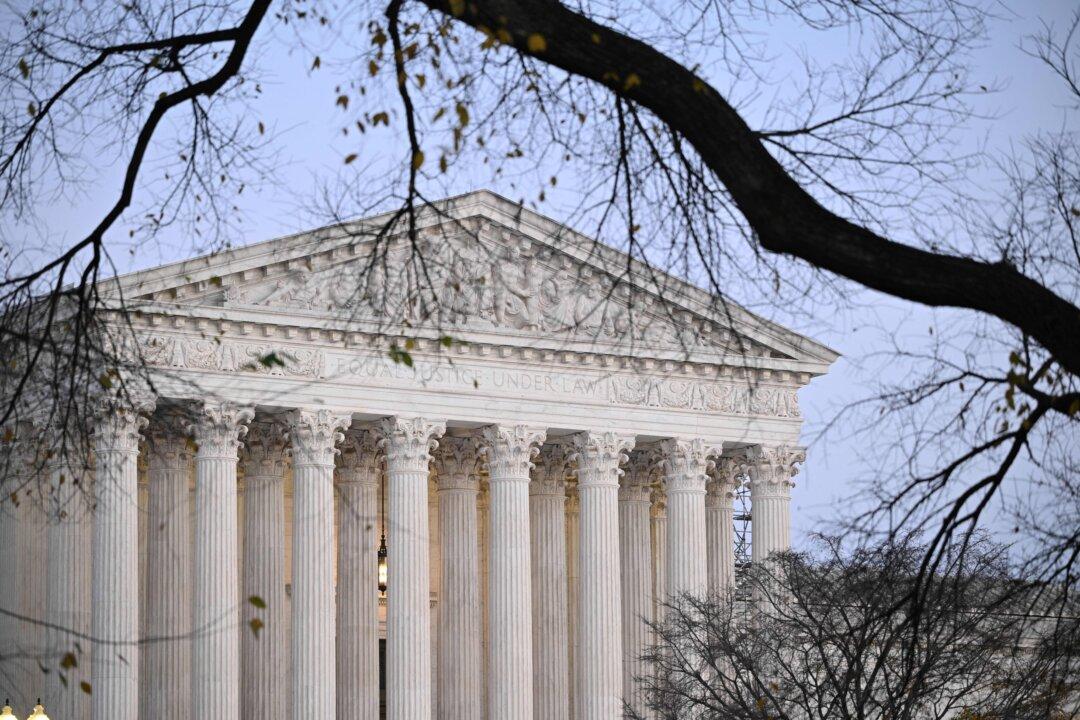The Supreme Court will consider whether an Ohio jeweler can bring civil rights claims against police for malicious prosecution after criminal charges brought against him were dropped.
The case comes after the Supreme Court loosened the legal standard for bringing such lawsuits against police in federal courts in 2022, finding that plaintiffs may proceed if they can demonstrate that their criminal cases ended without a conviction.





